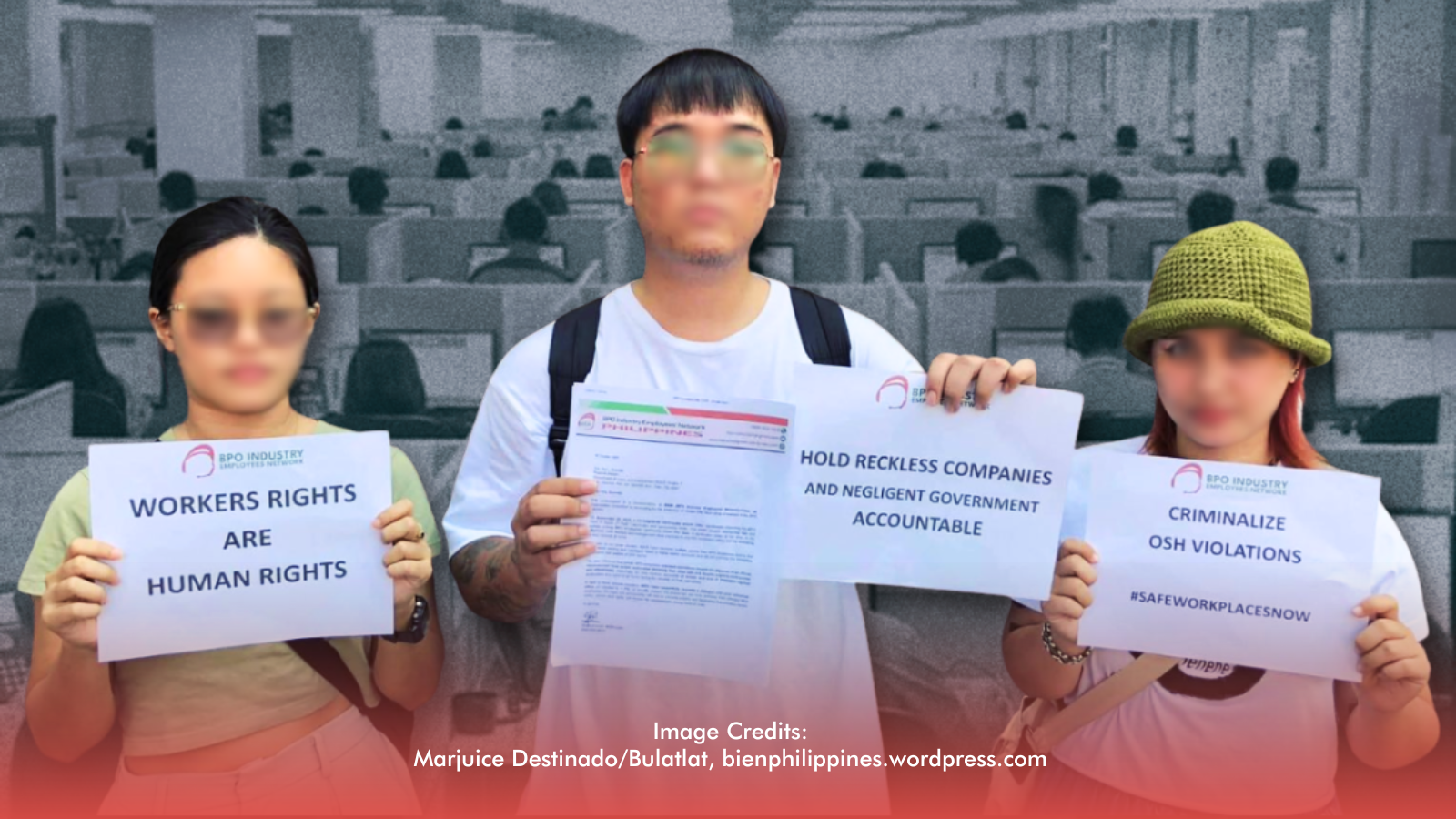Sen. Camille Villar has introduced Senate Bill 1401, which seeks to strengthen protections for business process outsourcing (BPO) employees across the Philippines. The measure emphasizes workers’ constitutional rights to safe working conditions, secure employment, and fair pay under Article II, Section 18, and Article XIII, Section 3 of the 1987 Constitution.
RELATED: [PH's BPO Industry Continues To Champion Inclusivity]
Stopping Exploitation and Discrimination
The proposed law aims to curb exploitative practices in the sector, including unreasonable company bonds and excessive fees for employees leaving before completing a fixed tenure. It also prohibits discrimination in the workplace based on gender, age, ethnicity, sexual orientation, religion, political beliefs, disability, pregnancy, or other protected characteristics.
“BPO workers must be treated with fairness, dignity, and humanity. Their rights and benefits, as provided under the Labor Code of the Philippines, must be upheld at all times,” Villar said.
SB 1401 reinforces the government’s duty to foster fair labor relations while promoting cooperation between employers and employees.
BPO Industry: A Pillar of the Economy
The BPO sector continues to be a major driver of jobs and foreign revenue, employing over 1.4 million Filipinos nationwide. Villar pointed to the country’s cultural adaptability, English proficiency, and competitive labor costs as key factors behind its global appeal.
According to Statista, the domestic BPO market is expected to reach $770.68 million by the end of 2025 and grow at an annual rate of 6.71 percent, hitting $1.07 billion by 2030.
Ensuring Protection Alongside Growth
Villar stressed that economic incentives for BPO investments must be matched by robust worker protections.
“To sustain the country’s leadership in the global outsourcing market, we must balance business competitiveness with social responsibility,” she said.
Once passed, the bill will cover BPO employees in all major hubs, including Metro Manila, Cebu, and Davao, ensuring they receive fair labor treatment, secure employment, and protection from discrimination. Millions of Filipino workers in the outsourcing sector stand to gain from the new regulations.








